Prominent Rohingya Muslim leader shot dead in Bangladesh refugee camp
A prominent Rohingya Muslim leader has been fatally shot in a refugee camp in southern Bangladesh following months of deteriorating violence in the world’s largest refugee settlement.
Mohib Ullah, who was in his late 40s and led the Arakan Rohingya Society for Peace and Human Rights (ARPSH), died on Wednesday evening after being shot at least three times.
He was talking to other refugee leaders outside his office when the shooting happened, according to Mohammad Nowkhim, a spokesman of ARPSH.
“He was in a pool of blood. He was brought dead to the nearby [Doctors Without Borders] MSF hospital,” he said.
Rafiqul Islam, a deputy police superintendent in the nearby town of Cox's Bazar, also confirmed the news.
“Four to five unidentified assailants shot him from close range. He was declared dead at an MSF hospital in the camp,” he said.
Police and the Armed Police Battalion, which is tasked with ensuring security for Bangladesh’s 34 Rohingya camps, have boosted security, deploying hundreds more armed officers, he added.
Cox's Bazar is near Kutupalong refugee camp, which is the world's largest refugee camp and home to more than 800,000 refugee Rohingya Muslims.
Ullah was a teacher who emerged as a key international representative of Rohingya refugees and one of the most high-profile advocates for the ethnic group, a Muslim minority that has faced persecution for generations.
No group has yet claimed responsibility for the assassination, but an unnamed Rohingya leader told AFP that Ullah was shot dead by the extremist group Arakan Rohingya Salvation Army (ARSA), which has allegedly been behind a number of attacks on Myanmar security posts in recent years
“It is a work of ARSA,” he said.
Separately, Amnesty International condemned the assassination, stressing that the murder would send a “chilling effect across the entire community.”
“The onus is now on the Bangladeshi authorities to expedite an investigation into his murder and bring all those suspected of criminal responsibility to justice in fair trials,” added Saad Hammadi, Amnesty International’s South Asia Campaigner, warning that violence in the refugee camps in Cox’s Bazaar has been a growing problem.
At Kutupalong refugee camp, Ullah used to go from hut to hut to build a tally of killings, rape, and arson that was shared with international investigators. His ARPSH also worked to give refugees more of a voice inside the camps and internationally.
“If I die, I'm fine. I will give my life,” he said during an interview with Reuters in 2019.
The Rohingya Muslims based in Myanmar’s Rakhine State have been subjected to a campaign of killings, rape, and arson attacks by the military-backed by the country’s majority Buddhist extremists in what the UN has described as “a textbook example of ethnic cleansing.”
The brutal campaign has forced more than 730,000 Rohingya Muslims to flee their homeland since August 2017 and seek refuge in Bangladesh.
The 2017 clampdown is the subject of a genocide investigation by the International Criminal Court (ICC).
The Rohingya, who have lived in Myanmar for generations, are denied citizenship and are branded illegal immigrants from Bangladesh, which likewise denies them citizenship.
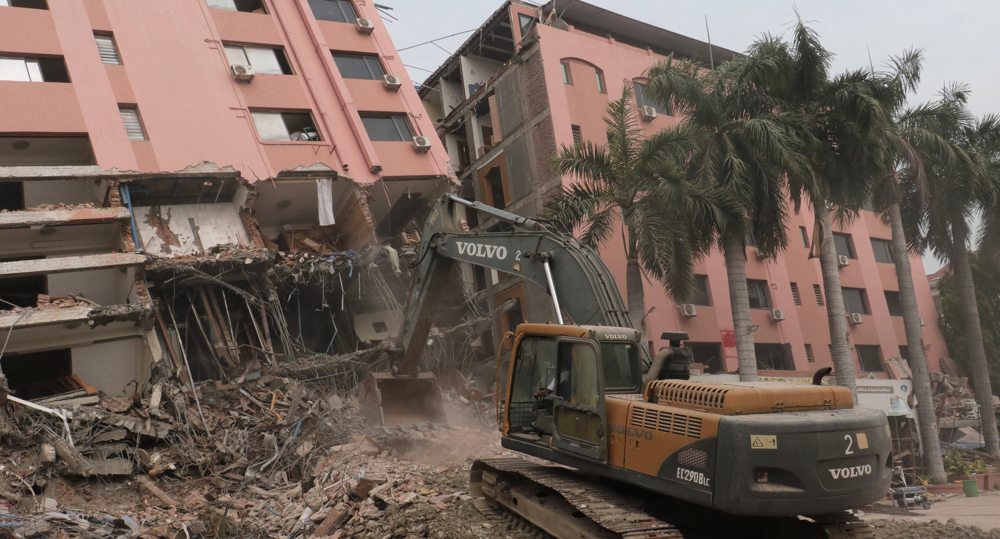
Myanmar quake death toll passes 3,300: State media
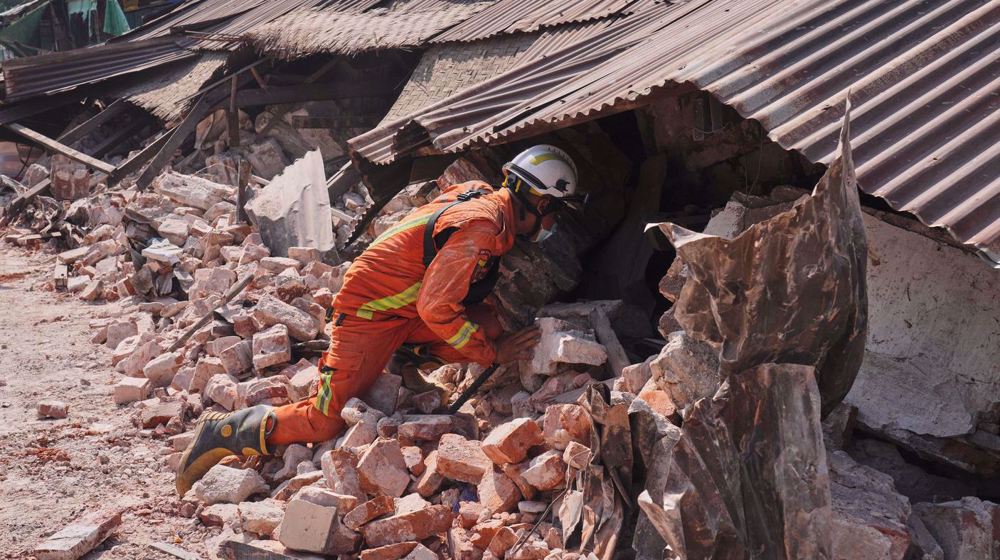
Death toll from Myanmar quake rises to over 3,085
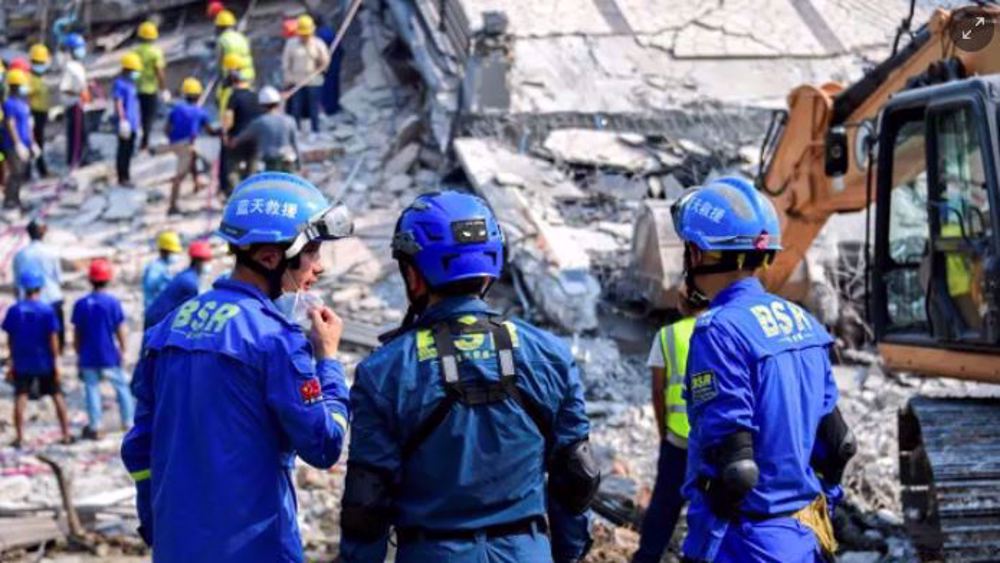
WHO warns Myanmar quake ‘top-level emergency’, seeks urgent funding
Netanyahu’s flight takes detour to US to avoid ICC arrest warrant: Reports
VIDEO | Palestinians stage general strike in West Bank as Israel intensifies Gaza genocide
VIDEO | Genocide in the Syrian coast!
Collapsing Empire: Yemen shatters the illusion of US air power, yet again
Ten Britons accused of war crimes during Israel’s Gaza genocide; complaint filed
Waqf Bill not just an attack on Indian Muslims but on India’s constitutional fabric: MP
Iran Army cmdr. visits southeast air base as Tehran vows to exact ‘heavy price’ from enemy
‘Undeterred’ by US aggression, Yemen threatens to expand scope of retaliation: US media


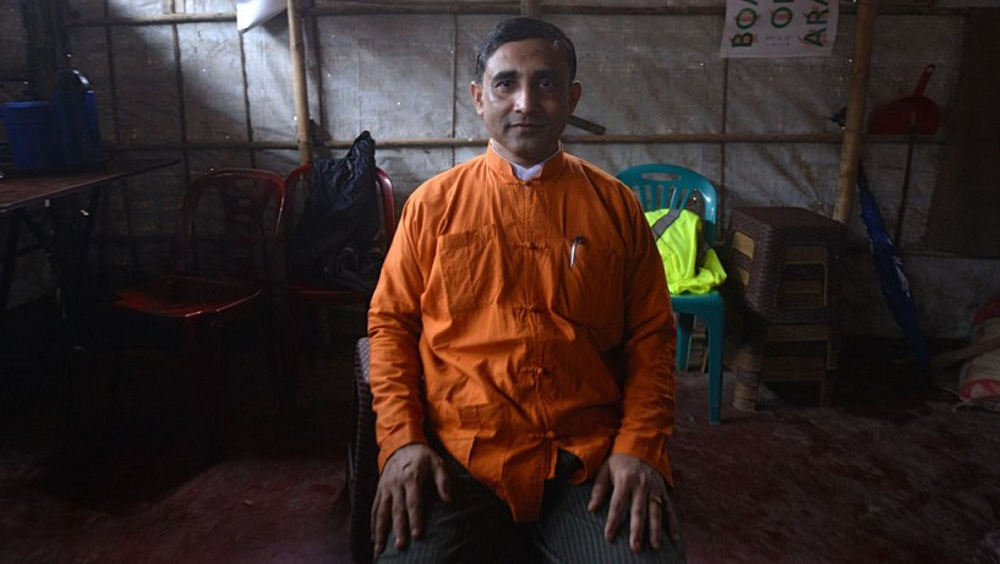
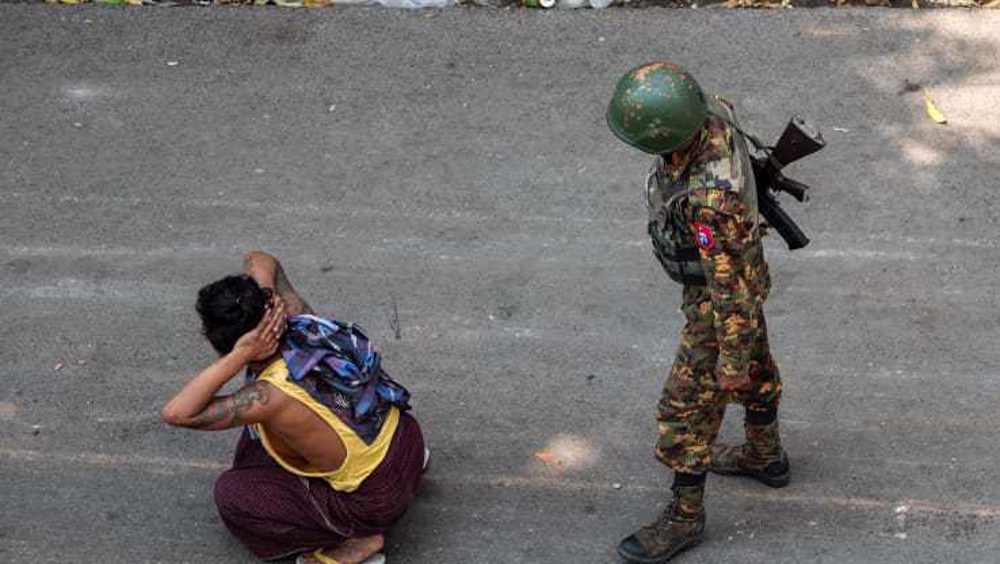



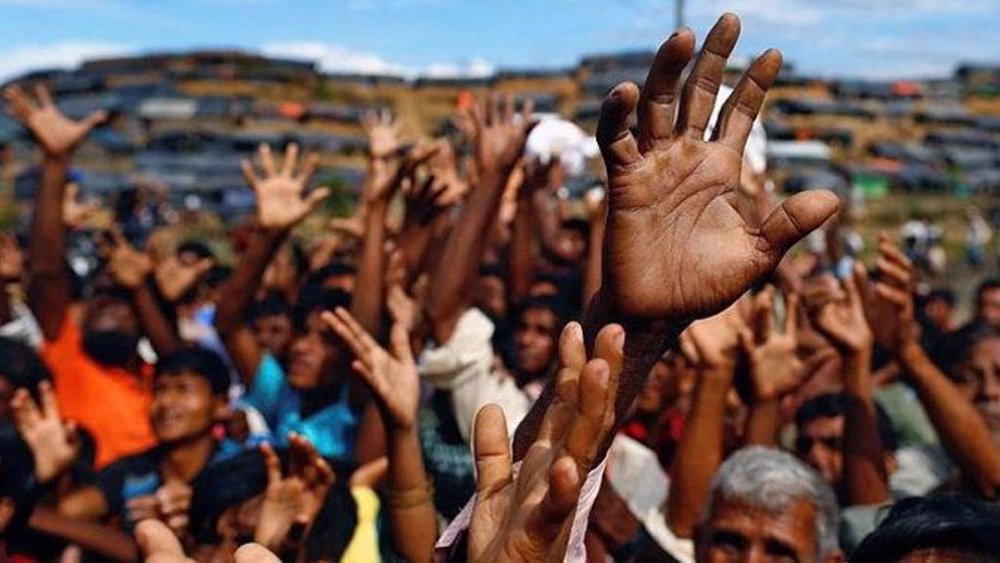
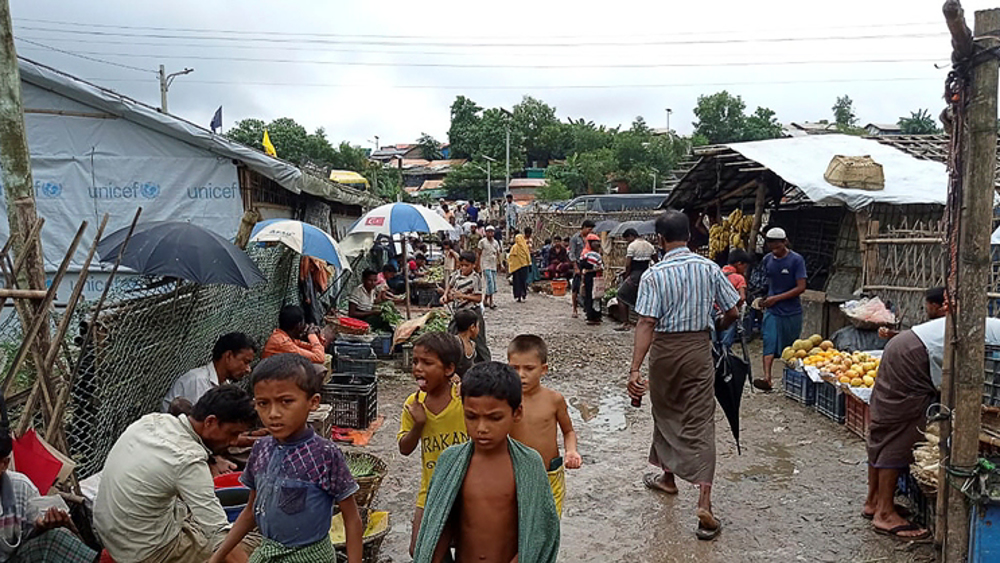
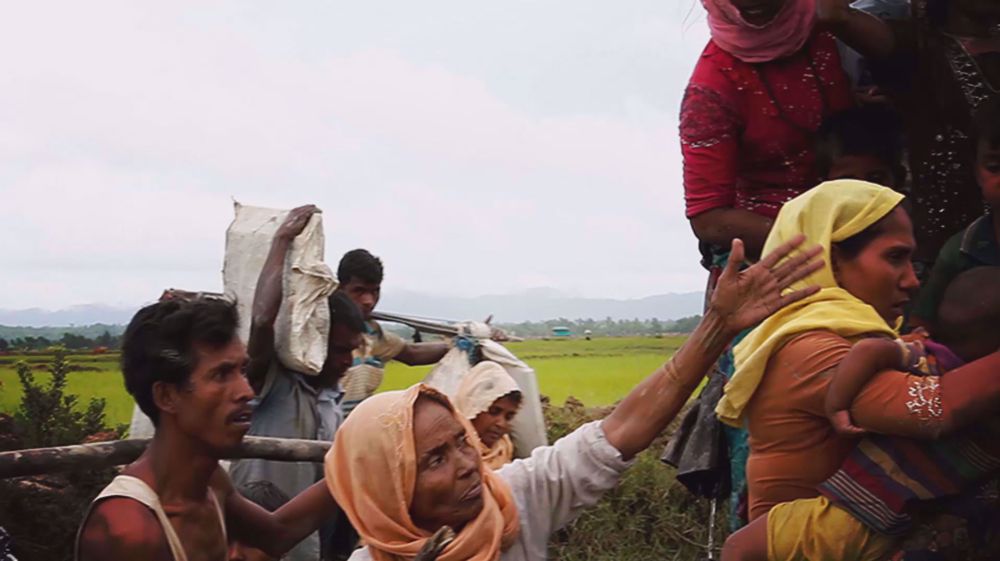

 This makes it easy to access the Press TV website
This makes it easy to access the Press TV website